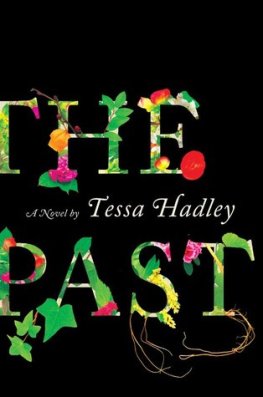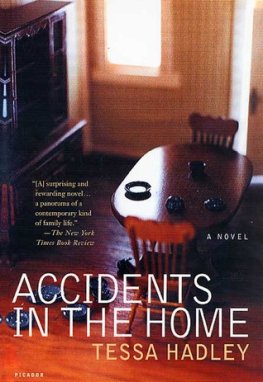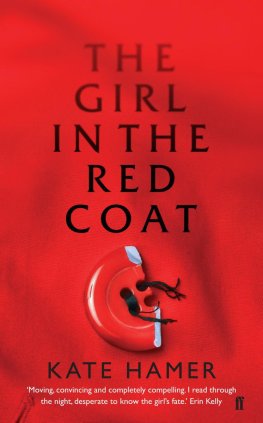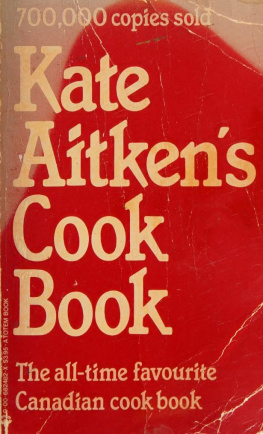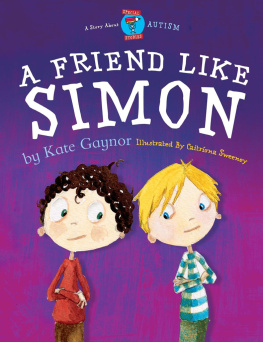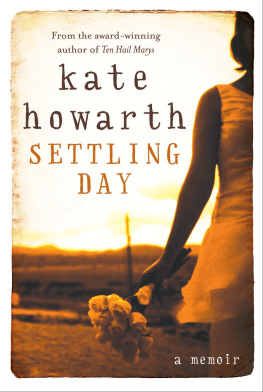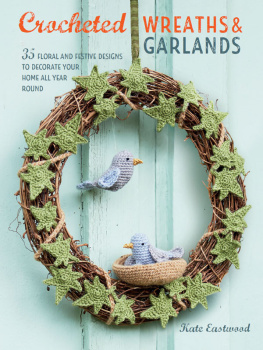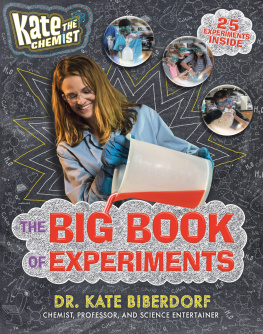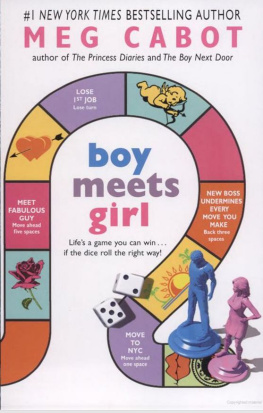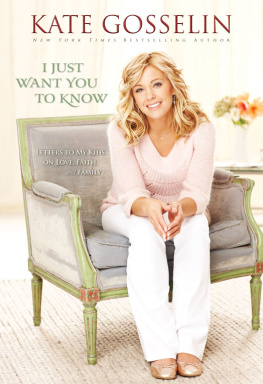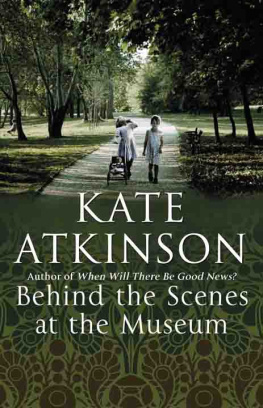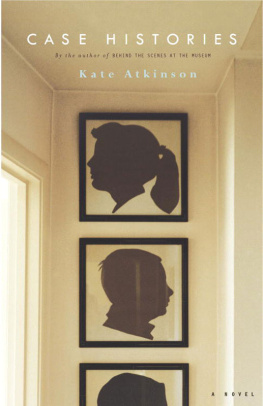Tessa Hadley
The Master Bedroom
Kate Flynn has always been a clever girl, brought up to believe in herself as something special. Now Kate is forty-three and has given up her university career in London to come home and look after her mother at Firenze, their big house by a lake in Cardiff. When Kate meets David Roberts, a friend from the old days, she begins to obsess about him: she knows its because shes bored and hasnt got anything else to do, but she cant stop.
Adapting to a new way of life, the connections Kate forges in her new home are to have painful consequence, as the past begins to cast its long shadow over the present
Tessa Hadley is the author of four highly praised novels, Accidents in the Home, which was longlisted for the Guardian First Book Award, Everything Will Be All Right, The Master Bedroom and The London Train, and one previous collection of stories, Sunstroke. She lives in Cardiff and teaches literature and creative writing at Bath Spa University. Her stories appear regularly in the New Yorker, Granta and other magazines.
IT WAS NOT a sign. Kate refused to let it be a sign.
She hated driving anyway. As soon as she got home, she was going to sell the car; but of course she had needed it to bring all her stuff from London. The back seat was piled up with boxes of books and holdalls stuffed with that miscellany of her possessions which it had seemed impossible to leave behind, so that she couldnt even see out of her rear-view mirror. She always expected when she was driving to die at any moment, and braked and changed lanes with desperate recklessness as if she was gambling; but actually what happened not long after the Brynglas tunnel coming out of Newport wasnt her fault. No one was going very fast. She had meant to time her journey to miss the rush hour, but the minutes and hours of her morning, taken up with dropping off keys, dropping off marked exam scripts at the university, had drifted off evasively as usual. Her life would never fit inside the lucid shapes she planned for it. So here she was in the middle lane in a queue coming out of Newport in dreary winter dusk and rain, shrunken among towering lorries whose wheels fumed with wet, gripping the steering wheel with both hands, longing to smoke but not daring to fumble a cigarette out of her pack on the dashboard. The cat in its basket, strapped into the passenger seat beside her, slunk round in circles with its fur flattened, expressing precisely the mingled unease and ennui that she felt.
Then in the dim light something fell from the sky: at first Kate thought it was a bundle of dirty washing wrapped in a sheet. Even as she took in the catastrophe, the thing bounced against the side of a big container lorry in the slow lane and turned out not to be a bundle that might fly harmlessly apart but a mass flung back by its own weight into the path of a red car ahead of Kate. Which must swerve: what else could it do? The grey formlessness bounced onto the red cars bonnet and then clung blinding across its windscreen, carried forward as the car slewed into the path of the faster traffic in the outside lane; it threw out one long wing, dazzling white feathers ranged in rows of perfect symmetry, lit up by headlights. Then the mess was thrown free onto the road, and swallowed up in the advancing chaos. The red car was hit side-on in the fast lane, and went spinning into the central reservation. Cars waltzed to a halt, finding whatever space. The actual moments of disaster were surprisingly reflective: Kate drove decorously and without fuss into the rear end of a white van, her little Citron skidded round half a circle and stopped at a right angle across the road. Something hit her then and shoved her forward another few yards. She wasnt hurt, she didnt think she was even jolted. How melodramatic, she thought. What a welcome home. Only the cat wailed an indignant protest.
It was an irony and not a sign.
Astonishingly, no one seemed to be hurt. The woman in the red car climbed out of the drivers seat and walked around it examining the damage. The others moved their vehicles onto the hard shoulder if they could, and waited for the police: Kates Citron was badly dented in two places but it started without difficulty. It was unbearable though to sit waiting inside it; Kate left Sim and joined in the improbable sober camaraderie, sharing someones umbrella. It must have been a swan, everyone thought, brought down by power lines. No one could tell for sure if it was dead already when it hit the first lorry. Or was it only a goose? A swan, confirmed someone who thought they had seen its long neck outstretched. Kate looked where they pointed; the swan was indistinguishable now from the oily dark wet of the road except in its bulk, like a sodden mattress.
The woman from the red car who had taken on a certain poetic importance, as if the bird had chosen her, and she had escaped it came and stood among them: a blonde in a white mac that was soon dark with rain. People asked if she was all right and she nodded angrily, staring into the distance as if she was holding back tears and wanted to be left alone. Someone lent her a mobile and she made a call. Then Kate recognised her as a woman she vaguely knew. She couldnt remember her name; she was married to David Roberts, Carols younger brother. Carol was Kates best or at any rate her oldest friend. Kate had met this woman once or twice a few years ago at Carols and had thought her a nobody: conventional, a primary school teacher. Now probably it was the aftershock of the accident and the romance of all their survival distorting her judgement she thought she could see what might be attractive in the rather raw-boned face and big vulnerable mouth: fiercely shy, as though she might bite if you tried to be kind. You could find that farouche thing sexually interesting; at least for a time. She wasnt the sort of woman who liked Kate, anyway; she would surely take offence at anything she considered intellectual talk. Kate pretended not to know her, thinking shed probably prefer it. Certainly Kate would.
Kates mother, Billie, still lived in the same house she had been born in. Kate was born there too; like Billie, in the big master bedroom nobody slept in any more. Billies father, Sam Lebowicz, who had owned a chain of haberdashery shops in the Welsh valleys, bought the house when he married in 1910; his wife called it Firenze because that was where they had had their honeymoon. It overlooked a boating lake that was the culmination of a long narrow park running up out of the city proper; from the park across the lake you looked into a vista of misty blue and purple hills as if you were at the edge of civilisation, although in fact you could walk round the lake in twenty minutes and the city these days stretched several miles beyond it. Firenze was a gloomy red-brick villa built on a rise beside the lake, with a precipitous front garden whose path wound up in zigzags through a gigantic rockery from the road; there was easier access from a side street. It had a round turret and a long enclosed first-floor veranda, in belated imitation of more lovely Pre-Raphaelite fantasies in the city centre. At the back of Firenze there had once been a broad lawn and shrubberies and beyond those a little wilderness where Kate had had her swing; but Billie had sold off most of this land in the seventies and eighties to developers, and the back windows now overlooked a block of flats and the end house of a small private estate.
Kate had let her London flat and given up her job (or at least taken a years unpaid leave); she was coming home to look after her mother, who was eighty-three and growing forgetful. Anyway, she was bored with her life teaching in London, she was ready for a change, she didnt want to grow old doing the same thing over and over. She drove in at the gravelled side entrance, turned off the engine, and sat in the silence, letting the howl and roar of the crazy motorway drain away, thinking that at least she would never ever have to drive again. The dents in the Citron didnt matter; she would just give it away. Expecting Billie to come hurrying down to welcome her, she waited in the car with the door open, smoking the cigarette she had been thirsting for: an intimately known suburban peace sifted down onto her through the dark. The falling rain was blotted up overhead by the tall monkey-puzzle tree or pattered onto the evergreen bushes. Below on the lake an invisible duck blundered splashily. A cold perfume of pines and bitter garden mulch seemed to her like the smell of the past itself. She unfastened the door to Sims basket and let him come out to claw on her lap and make question marks against her face with his tail. He knew where he was; Kate had always brought him when she came home for weekends. She had only got the car in the first place because it was too complicated to take Sim on the train.


